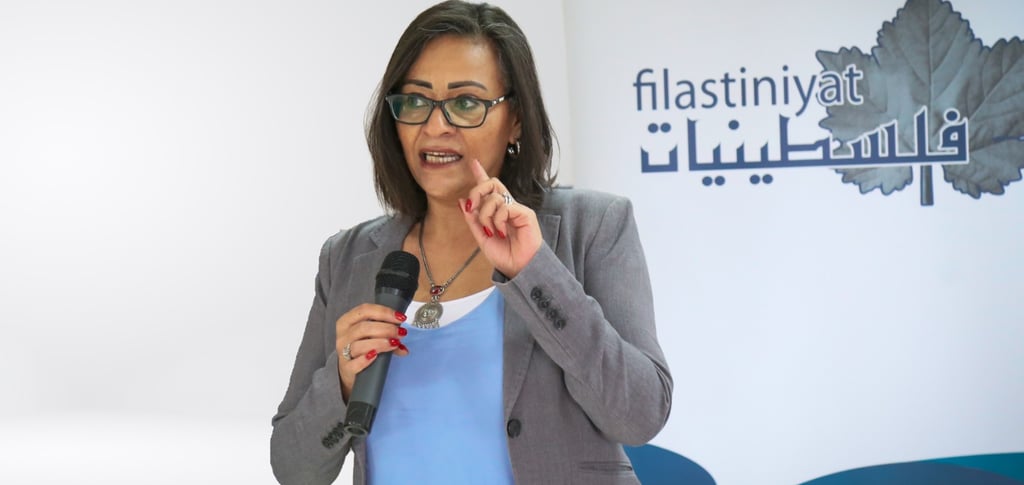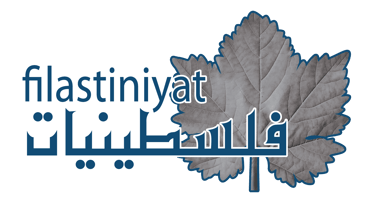Journalists as martyrs… each with a “message” etched on their own star!


Before the enormity of the scene, words dissolve.
Is this Anas al-Sharif? Yes—he is the truth itself, standing alone before the darkness of injustice… bleeding. A martyr without the hand that had always reached forward with the microphone, letting the world hear the cries of Gaza’s children.
Here lies Mohammed Qreiqa… beside him, eyes shut in an eternal sleep. Here is the photographer Ibrahim Zahir, and his companion Mohammed Noufal. Here is al-Khaldi… Mohammed, the tireless. Today, they have all become “news.”
After more than 670 days of covering the news in front of the screen, while the rain of death pressed heavily on the chest of the city, they left us. They left us alone on the road—left us to write with their breath, those who had carried the weight of the word on their shoulders, transforming the jagged fragments of a bitter reality into a message. When the pens of journalists became targets, when cameras became marks to be hunted, blood was no longer a personal loss. It became a wound shared by all who believe the word is a light in the darkness of wars.
In a time when a “charge” is crafted for anyone who lifts a pen, questions arise—questions for which there may never be answers: What will statements of denunciation do for the journalists of Gaza?
In an age when those who carry the voice of the victim are slain, when an “accusation” is forged for anyone who raises a pen, the questions echo:
Will they bring back Mohammed Qreiqa? Anas al-Sharif? Heba al-Abadleh?
Can they wipe away the tears from Zeina, daughter of Ismail al-Ghoul?
Console Abdullah, son of Alaa al-Hams?
Finish the song of Fatima Hassouna?
Extinguish the fire that “Israel” set ablaze in the body of Mohammed Mansour while still alive, a fire that burned all our hearts?
Will these official statements soothe the ache of hundreds of families who lost their sons and daughters—martyrs of the word? The word that has become a “charge” in an age when, in Netanyahu’s view, the “right to expression” does not extend to Palestinians?
The journalists of Gaza have become part of our mornings, members of our families. It does not matter what your politics are, or your disagreements with a channel’s editorial line. They are our voice, our image. Our differences with them never broke the bond.
Official figures say that we Palestinians have lost over 230 journalists. At Filistiniyat, we counted more than 260. But do numbers matter? Every name here is a story. Each had a family who, in one night of shelling, lost a laugh, a dream, a memory. Now each is a face our eyes cling to, hanging above an empty table draped in black. They were never—will never be—mere numbers in a parallel digital world, where people flip through images, weep briefly, then return to their lives.
We said “no” when the martyred journalist Hassan Asalih once whispered bitterly to a friend: “People will forget us two hours after the burial.” We keep our word, Hassan. Your image remains the icon of the Khan Younis coverage team, and hardly a week passes without your name being spoken. The loyal do not forget the loyal, even when disasters collapse upon their heads.
And you, Anas—you left a voice that will not die, that will not fade with time. From the moment you turned “coincidence” into courage in your first report, you became the companion of millions.
I remember the day the occupation cut off the north of the Strip, drowning Jabalia and its surroundings in fire, severing the internet. At Filistiniyat we tried to reach those we knew: “Tell us you’re safe—what do you need?” All they asked for was bedding and a tent. Among them was Anas al-Sharif—he helped us buy supplies for the journalists. They all agreed on one voice: “He’s a journalist, young, helpful, and trustworthy… trust him.”
On October 31, 2023, Anas went with a colleague to collect mattresses and blankets from a shop in Jabalia market. At that exact moment, he escaped death by less than a minute, as bombs rained down on the market and all within it. The occupation committed a massacre that day—nearly 400 martyrs.
That day he swore: “I would have been a martyr if not for God’s decree and less than a minute’s difference.” This is Anas—the one who escaped death before beginning the life in which we knew him.
Friend to his friends, “a man to his man” in the Gazan way.
There are so many stories we must tell about Gaza’s journalists, so the world will not forget them “two hours after the burial.” We tell them to remind this world that its statements are not enough, its marches are not enough, its condemnation is not enough.
We need journalistic action—in this age of complicit governments—that can invent new tools to make the occupation pay the price of its crimes.
What if journalists everywhere boycotted the occupation’s news? Refused to broadcast its conferences and statements? Made a blacklist of the occupation’s journalists who incited against Palestinian journalists in Gaza?
We blame governments, hiding behind our own inability to protect journalists. Then let us take it upon ourselves, not only for justice for the martyrs, but for the living journalists who continue the coverage.
Let us reclaim action in a time of genocide.
“I saw the martyrs standing, each upon their star, happy with what they had given to the living dead—hope.” — Mahmoud Darwish
